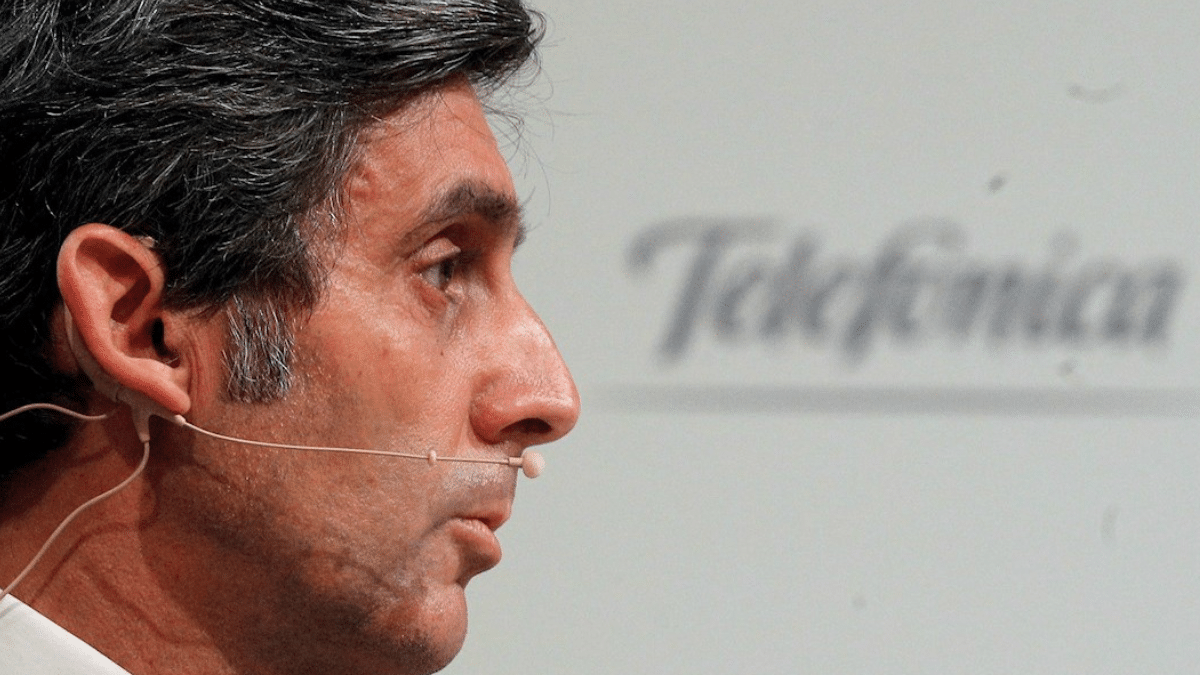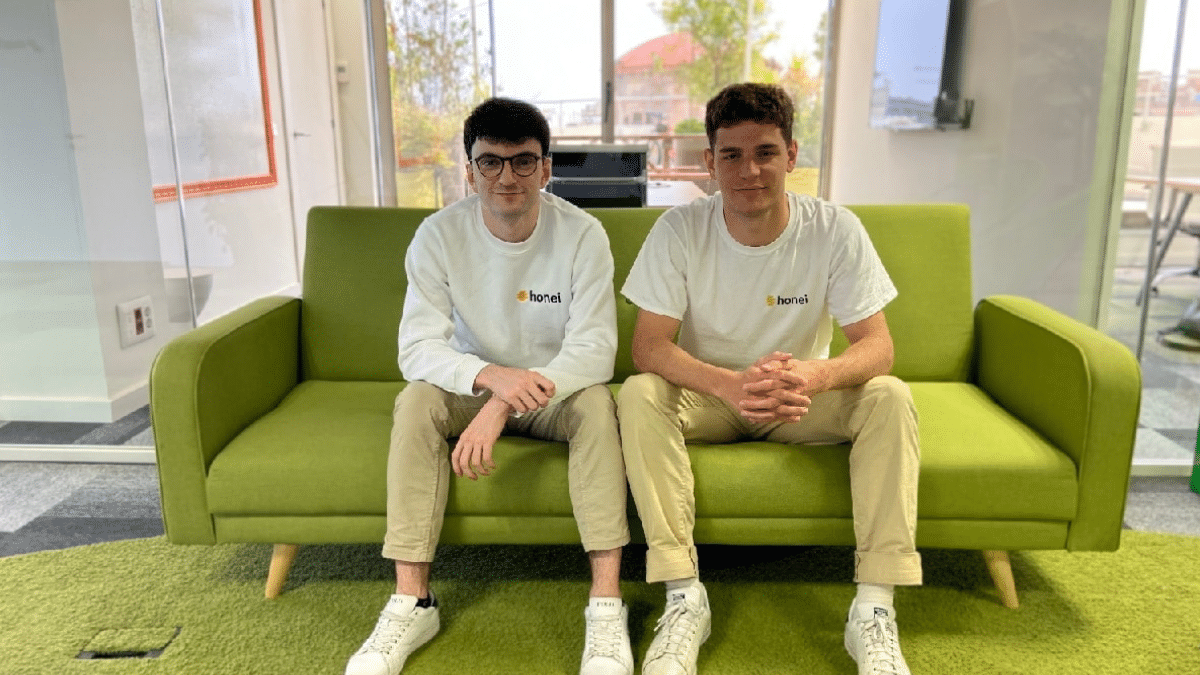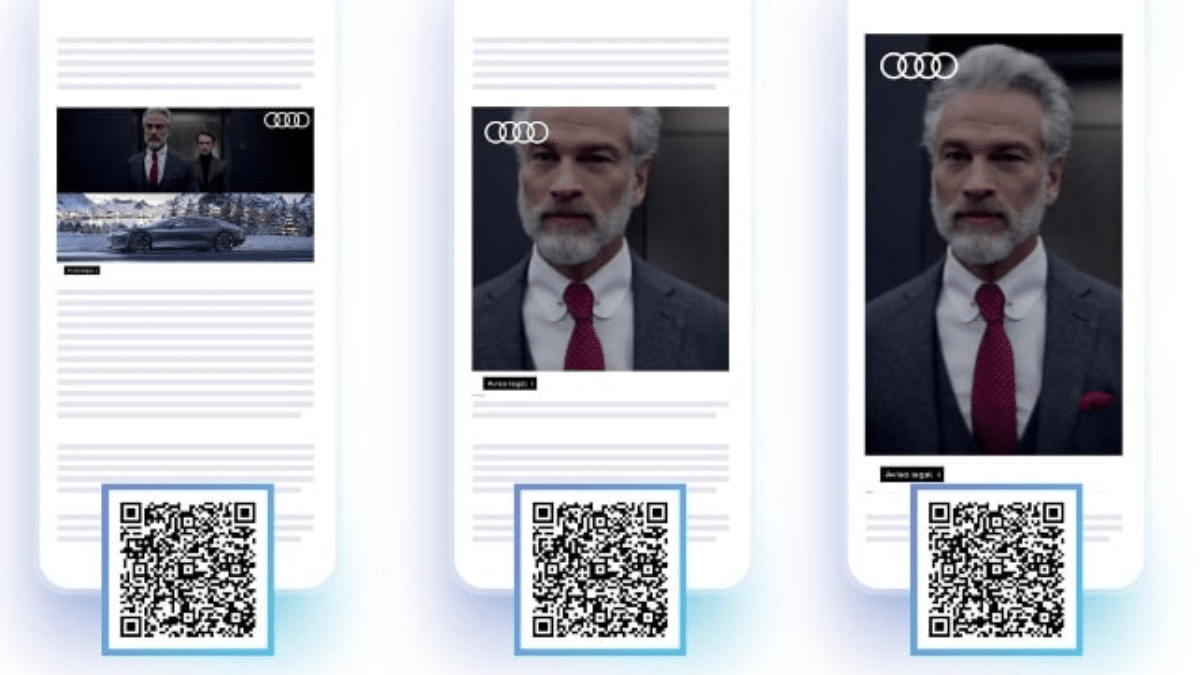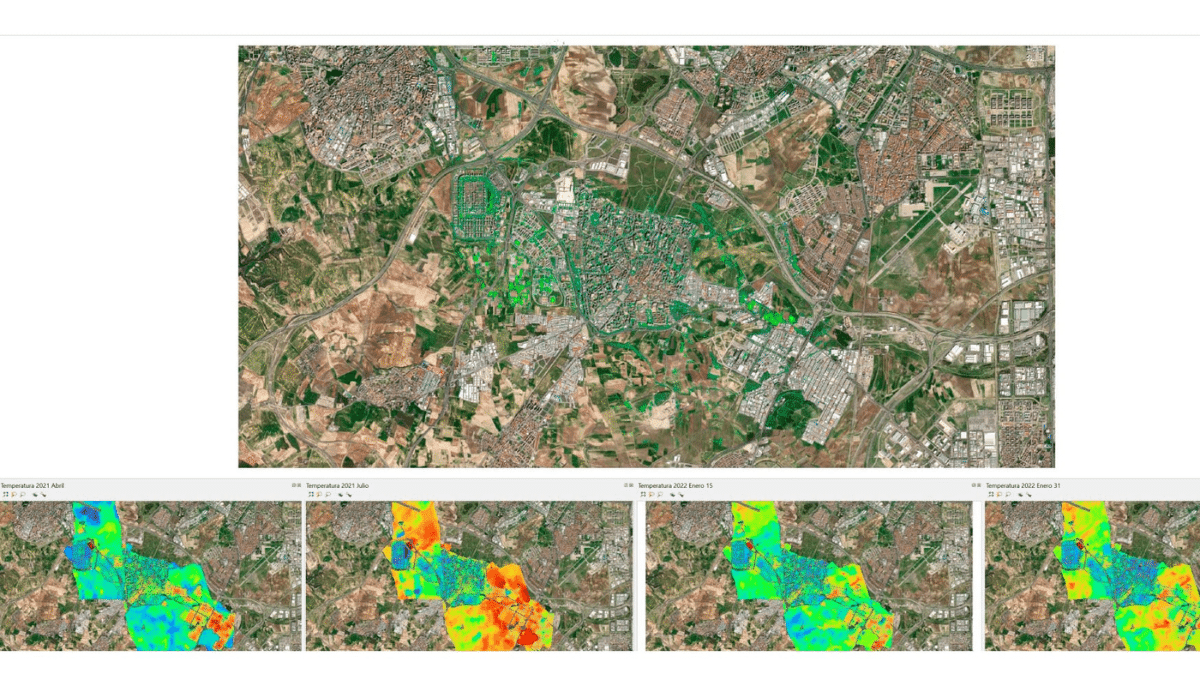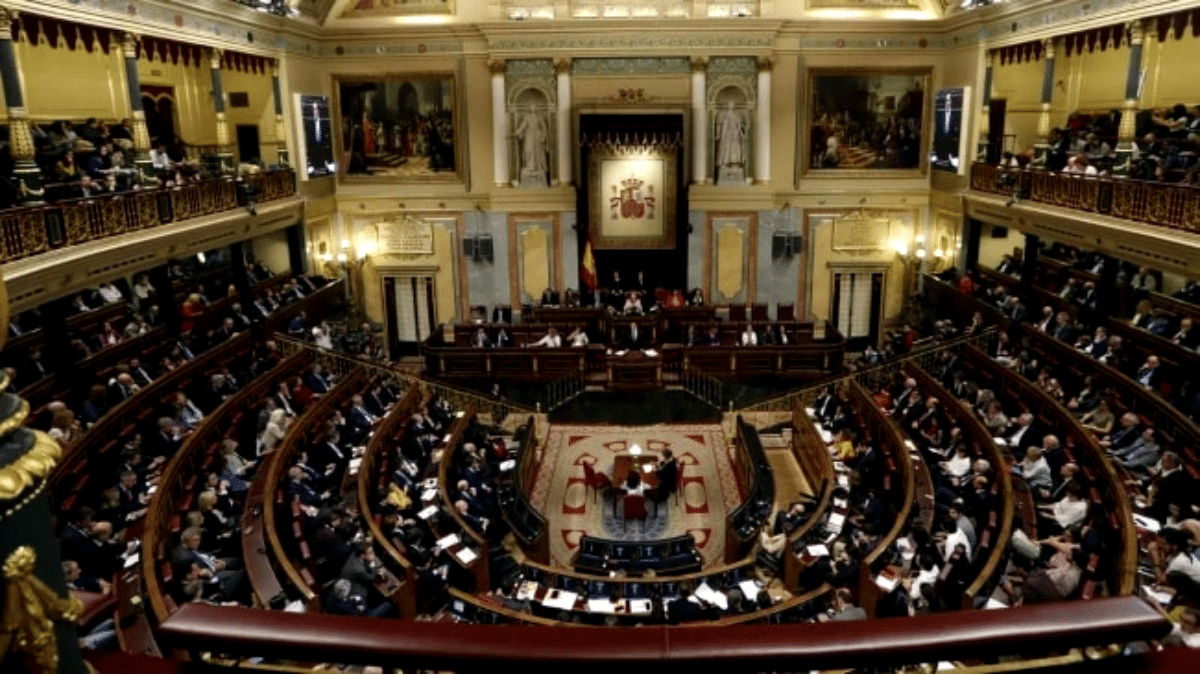
Artificial intelligence, measurement and guerrilla techniques will mark the lobbying in this super election year
The lobbying exercise faces a super electoral year: in May there will be local and regional elections and at the end of 2023 the General Elections will be held. In addition, the second half of the year will coincide with the Spanish presidency of the Council of the European Union.
All these milestones may provide a boost to the lobbying discipline, which has been professionalising in Spain at great speed in recent years. Large communications consultancies are reinforcing their Public Affairs departments, usually with new recruits who have worked in the public sphere, and there is also a proliferation of firms specialising in this field.
LLYC has drawn up a guide of trends that will have an impact on public affairs activity in 2023.
In fact, for Joan Navarro, partner and vice-president of Public Affairs at LLYC, this discipline is becoming “the main transforming agent of a country’s public and regulatory policy”. This is what this executive states in a document prepared by LLYC, which includes the main trends for this year in lobbying.
According to this document, one of the growth avenues for Public Affairs this year will lie in the use of Artificial Intelligence. Tools such as ChatGPT – which LLYC has used to draft the trend guide – will help lobbying teams to perform simple and repetitive tasks, such as gathering information, monitoring new regulations, scheduling meetings or managing emails. This could free up professionals to focus on more strategic issues.
Related to technology, industry specialists will also make use of data-driven lobbying to manage the large volume of data generated more efficiently and make decisions beyond intuition. According to LLYC, data engineering allows for a better backward-looking understanding of how decisions are made and how social, media and political agendas are connected. In this aspect, the great challenge for 2023 – according to the consultancy firm – is the prospective view, which allows for the early anticipation of major political and regulatory trends.
Another of the fundamental trends in lobbying will be the evolution of the measurement of this activity, one of the great handicaps of communication in general. For LLYC, there is no doubt that lobbying has an impact on the business and reputation of companies. But for this discipline to be able to “pass to the Olympus of strategic areas and boards of directors”, it must be measured.
Transparency
Measurement also has a bearing on the transparency of lobbying, one of the sector’s obsessions. In this aspect, the activity of Public Affairs could experience a milestone in its regulation if the law on transparency and integrity in the activities of interest groups is finally approved this year, as the Government committed itself to do.
LLYC also foresees that lobbying will become more sophisticated and will be able to decomplicate the norm. That is to say, to collaborate so that the legislature issues what is called a Better & Smart Regulation, which mitigates uncertainty between companies and citizens.
Finally, one of the trends that could mark – in LLYC’s opinion – Public Affairs will be the use of guerrilla techniques, historically associated with marketing. This is the use of unconventional tactics aimed at obtaining short-term results and involving the use of creative and surprising methods to draw attention to an issue or make an impact on public opinion or political decision-making.






